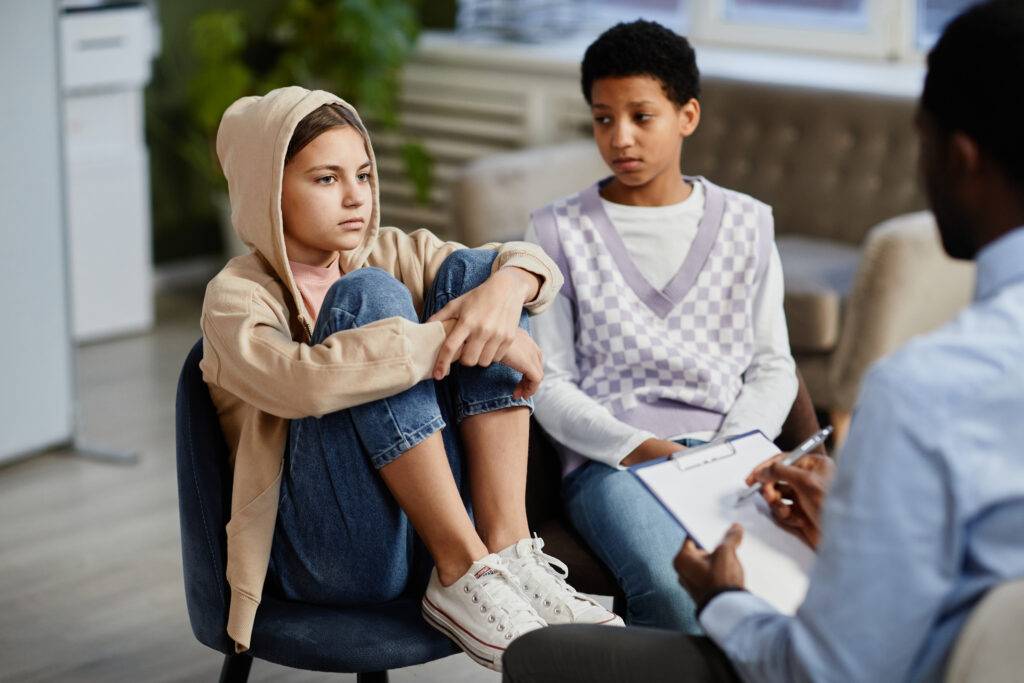Depression is a significant mental health issue that affects people of all ages, including children. While often overlooked, depression in children can have profound effects on their development, behavior, and overall well-being. This blog aims to shed light on this critical issue, offering insights into the signs of depression in children and how to support them effectively.
What is Depression in Children?
Depression in children is not just about temporary sadness or mood swings; it is a serious mental health condition that impacts their thoughts, feelings, behaviors, and functioning. It’s important to understand that children with depression might not always appear sad. Instead, their depression might manifest through irritability, changes in eating or sleeping patterns, or a noticeable decrease in enjoying activities they once loved.
Signs of Depression in Children
- Persistent Sadness or Hopelessness: While it’s normal for children to feel sad or down occasionally, persistent feelings of sadness or a demeanor of hopelessness could be a sign of depression.
- Withdrawal from Social Interactions: If a child suddenly seems less interested in playing with friends or participating in family activities, this could be a red flag.
- Changes in Appetite and Weight: Significant changes in eating habits, whether an increase or decrease, can be a sign of depression. These changes may also lead to weight gain or loss.
- Sleep Disturbances: Depression can cause children to experience insomnia, frequent waking during the night, or, conversely, excessive sleepiness during the day.
- Decreased Energy or Fatigue: Children with depression often appear lethargic and may complain of feeling tired all the time, even without physical exertion.
- Feelings of Worthlessness or Guilt: Pay attention if a child frequently criticizes themselves harshly or talks about feeling guilty about situations they cannot control.
- Difficulty Concentrating: Children with depression may show noticeable problems with focusing, making decisions, or remembering things.
- Unexplained Physical Complaints: Frequent headaches or stomachaches without a clear medical cause can be symptoms of depression.
- Irritability or Hostility: Frequent irritability, anger, or hostility can also be prominent signs of depression in children.
How to Support a Child with Depression
- Open Communication: Create a safe environment for your child to share their feelings. Listen without judgment and validate their emotions.
- Professional Help: Early intervention is crucial. If you suspect your child is experiencing depression, consult a pediatrician or a child psychologist. Professional treatment might include therapy, counseling, or medication.
- Educate Yourself: Understanding depression and its impact on children will better equip you to deal with challenges and support your child effectively.
- Encourage Social Interaction: Help your child engage in activities with peers or in structured group activities, which can improve mood and provide social support.
- Routine: Maintaining a regular routine for meals, bedtime, and activities can provide a sense of security and structure that is very beneficial for children with depression.
- Physical Activity: Encourage physical activity, which has been shown to help reduce the symptoms of depression. Simple activities like walking, biking, or playing sports can make a significant difference.



